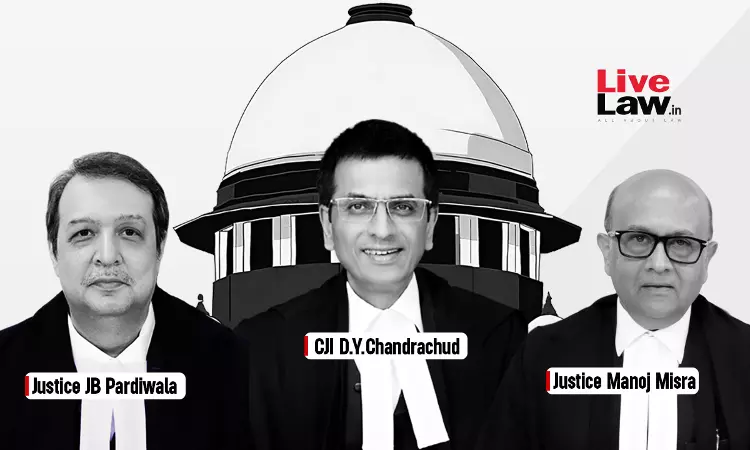For First Time, Supreme Court Recognizes Right To Be Free From Adverse Effects Of Climate Change
Gyanvi Khanna
8 April 2024 9:00 PM IST

Next Story
8 April 2024 9:00 PM IST
In its first, the Supreme Court, through its judgment dated March 21, has recognized a right to be free from the adverse effects of climate change as a distinct right. The Court said that Articles 14 (equality before law and the equal protection of laws) and 21 (right to life and personal liberty) of the Indian Constitution are important sources of this right. “The right to...
